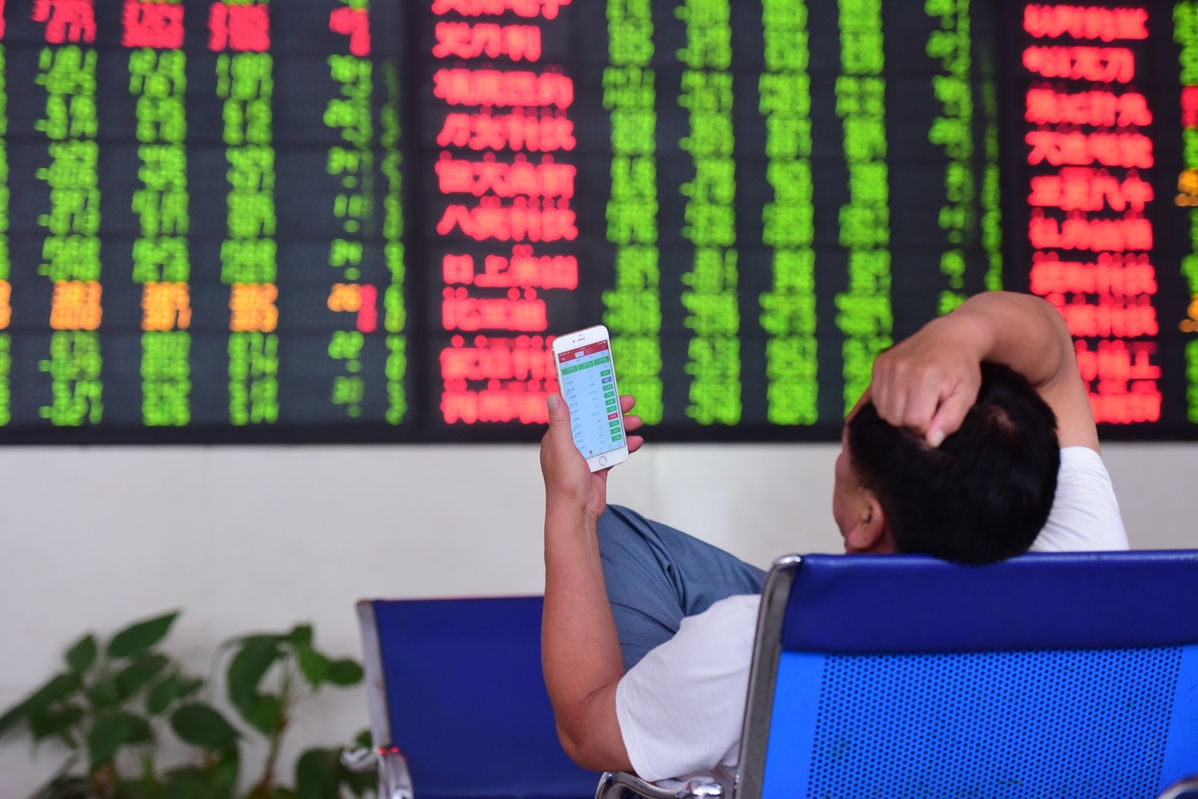Why exactly investment decisions won't be easy this year


Investment decisions won't be easy this year, even for professionals, who seem to agree it's difficult now to figure out the right timing for the right move.
Uncertainties galore. Take the increasingly hawkish US Federal Reserve. It has announced to put an end to its yearslong quantitative easing and cut its balance sheet to curb the skyrocketing inflation. The odds are high that the US stock market, which has thrived for years thanks mainly to the ample market liquidity derived from the extremely loose monetary policy, may head south. There is also much concern over the likelihood of the United States sinking into a recession.
Elsewhere, market sentiment remains low due to geopolitical tensions between Russia and Ukraine. Is a potential "black swan" likely to figure in heated debates from now on? Soaring commodity prices have pushed up companies' costs and the prospect of the global economic recovery from COVID-19 impacts has thus dimmed.
The Hong Kong stock market, which responds swiftly to the ups and downs of the global market, may not be immune to all the negative impacts from other markets.
The A-share market, which drew a V-shape on March 16, is still waiting for improved company profitability and more government policies supportive of business.
When investors are baffled by all these complexities and even professional investment advisers cannot surprise them in a good way, there is probably one thing to do: go back to the basics.
First of all, when everyone else is rushing into the stock market or pouring money into one "hot" sector, it is always wise to pause and check the fundamentals. The logic applies even otherwise. Stick to the company or the sector you believe is promising in the long term and keep your position reasonable and acceptable. Do not withdraw when everybody else is retreating only because of short-term fluctuations in market performance or sentiment. You may be engulfed in a "stampede" or you may miss truly valuable companies, which are left on the beach when the wave has swept away pretty much everything else.
I understand people may be fidgeting when the market is going up and down like a roller coaster. It is not easy to restrain the urge to check your personal securities account every five minutes. But the question is: Are you a short-term investor or a supporter of long-term investment?
If you are the former, ask yourself another question: Are you sure your knowledge, including technical analysis, financial statement analysis, economics, quantitative methods, corporate finance and behavioral economics, is comparable to that of professionals?
Even if the answer is yes, your investment decisions may not be right all the time. Check out the bleak results of mutual funds operated by high-flying managers so far this year and you may get some clue.
Sometimes data can be very misleading. Under such circumstances, investors should come back to common sense. Cyclical industries will of course cool down if investment has remained robust for quite a long time, and the same logic applies the other way round. When all the others are talking about the stock market and their easy gains, that's probably the time the indexes will head downward.
It is risky to keep a big exposure to a company that you know nothing about other than its trading code. The theory of value investing is based on the assumption that you find value in the company and the industry. Once you are all set, stick to your choice. Confidence is more valuable than gold, they say.
- An opportunity for Bangladesh to tap Chinese market
- More US states offer COVID-19 boosters to all adults as federal govt grabs more vaccines, pills amid fear of winter surge
- Can private finance be trusted to save planet?
- Document: Responding to Climate Change: China's Policies and Actions
- Chasing the holy grail in fashion




































